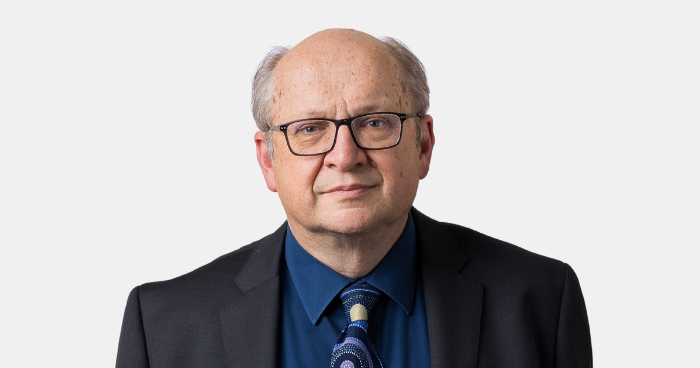Chemical engineering education needs a new paradigm for the digital and sustainable future
Modern chemical engineering curricula must change to meet the demands of the forthcoming digital and sustainable process revolutions, argues Professor David Shallcross, an eminent chemical engineer in the Faculty of Engineering and Information Technology.
Professor Shallcross has written an opinion piece for the first edition of a new journal, Nature Chemical Engineering, along with five other leading chemical engineering educators, who reimagine the undergraduate curriculum, showcasing its strengths and areas needing development.
Based within the Department of Chemical Engineering, Professor Shallcross has an international reputation in chemical engineering education, with books ‘Chemical Engineering Explained’ and ‘Petroleum Engineering Explained,’ published by the UK Royal Society of Chemistry, and several prestigious awards to his credit.
 Professor Shallcross argues that the current chemical engineering curriculum, rooted in principles established since the 1960s, does not adequately reflect the demands of digital and sustainable process advancements. The conventional lecture-centric approach may not be sufficient to equip students with the diverse skills required for the industry.
Professor Shallcross argues that the current chemical engineering curriculum, rooted in principles established since the 1960s, does not adequately reflect the demands of digital and sustainable process advancements. The conventional lecture-centric approach may not be sufficient to equip students with the diverse skills required for the industry.
Professor Shallcross says that the integration of emerging digital technologies in the coming decades holds the potential to reform the process industries, enhancing safety, efficiency and productivity.
Technologies such as advanced data analytics, machine learning, artificial intelligence, improved sensors, digital twinning and intelligent technical assistance are poised to reshape how chemical processes are monitored and operated.
To address this evolving industry landscape, Professor Shallcross calls for “a new paradigm in undergraduate chemical engineering education (ChEEd)” that would align with the evolving demands of the process industries.
From a shift in educational methodology, to a flexible curriculum, to developing students’ cultural awareness, Professor Shallcross proposes a more dynamic, hands-on and flexible approach to ensure that future graduates are well-prepared to contribute to the digital and sustainable future of the chemical engineering field.
Read Professor Shallcross's viewpoint here: https://rdcu.be/dybms